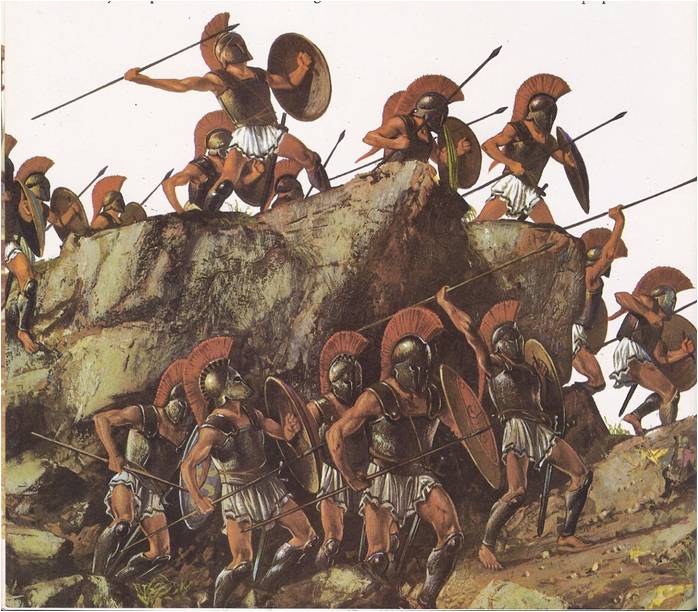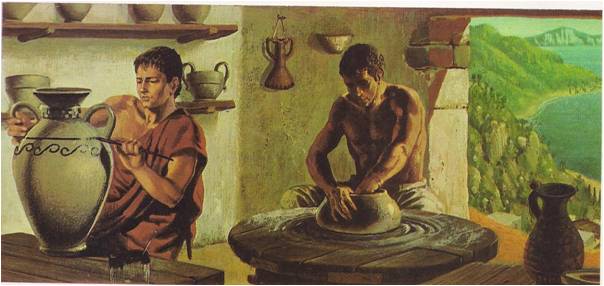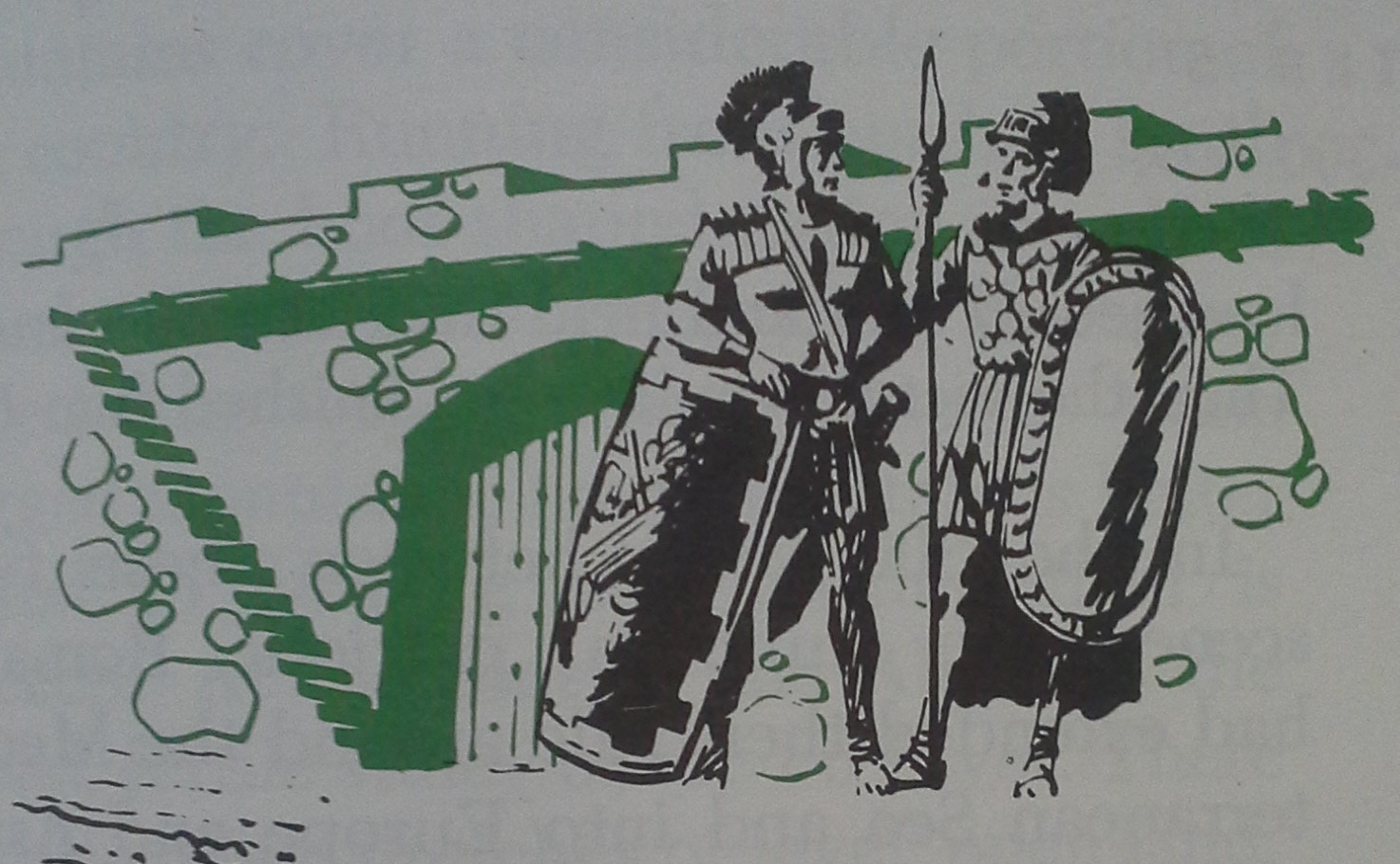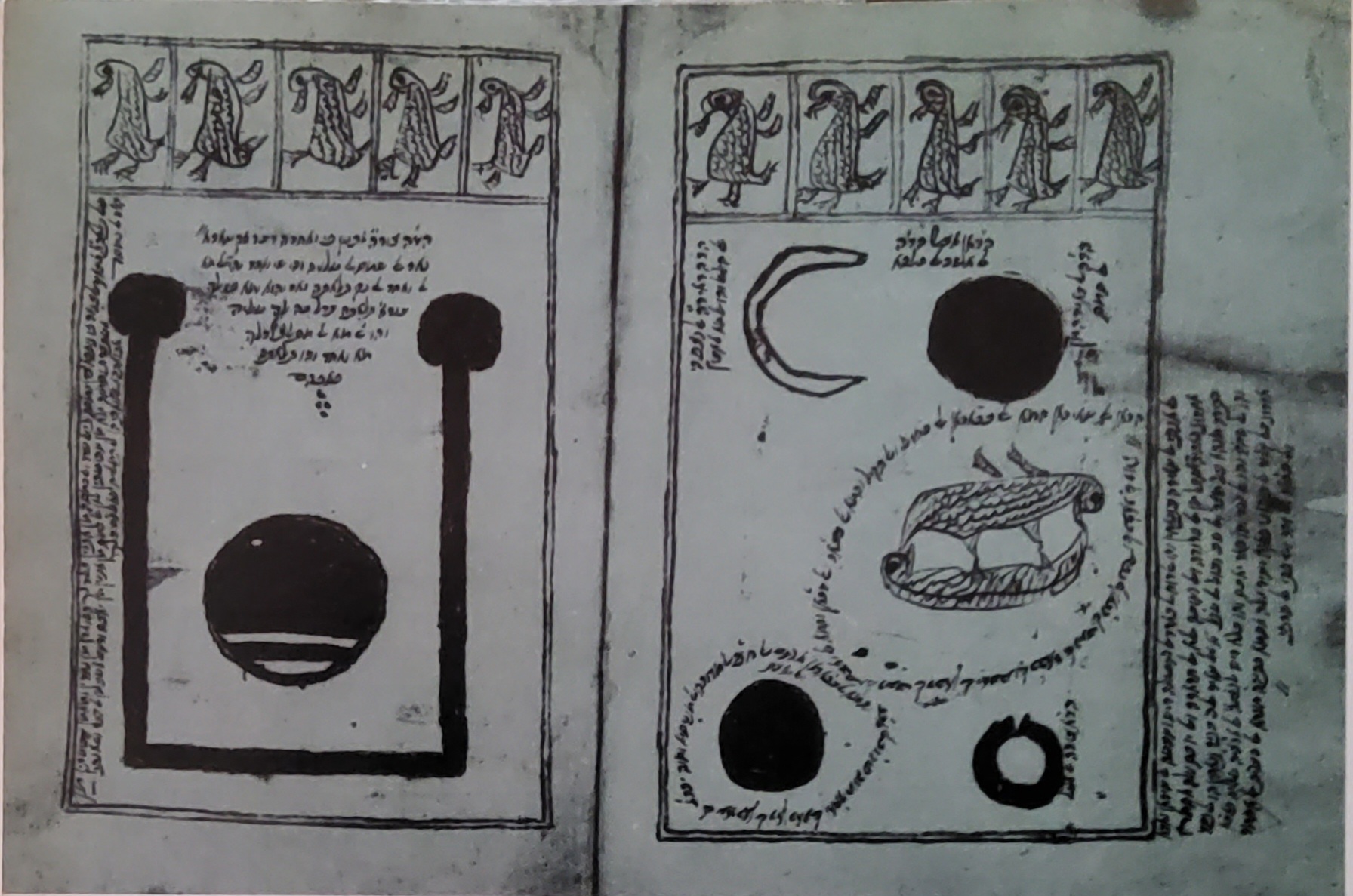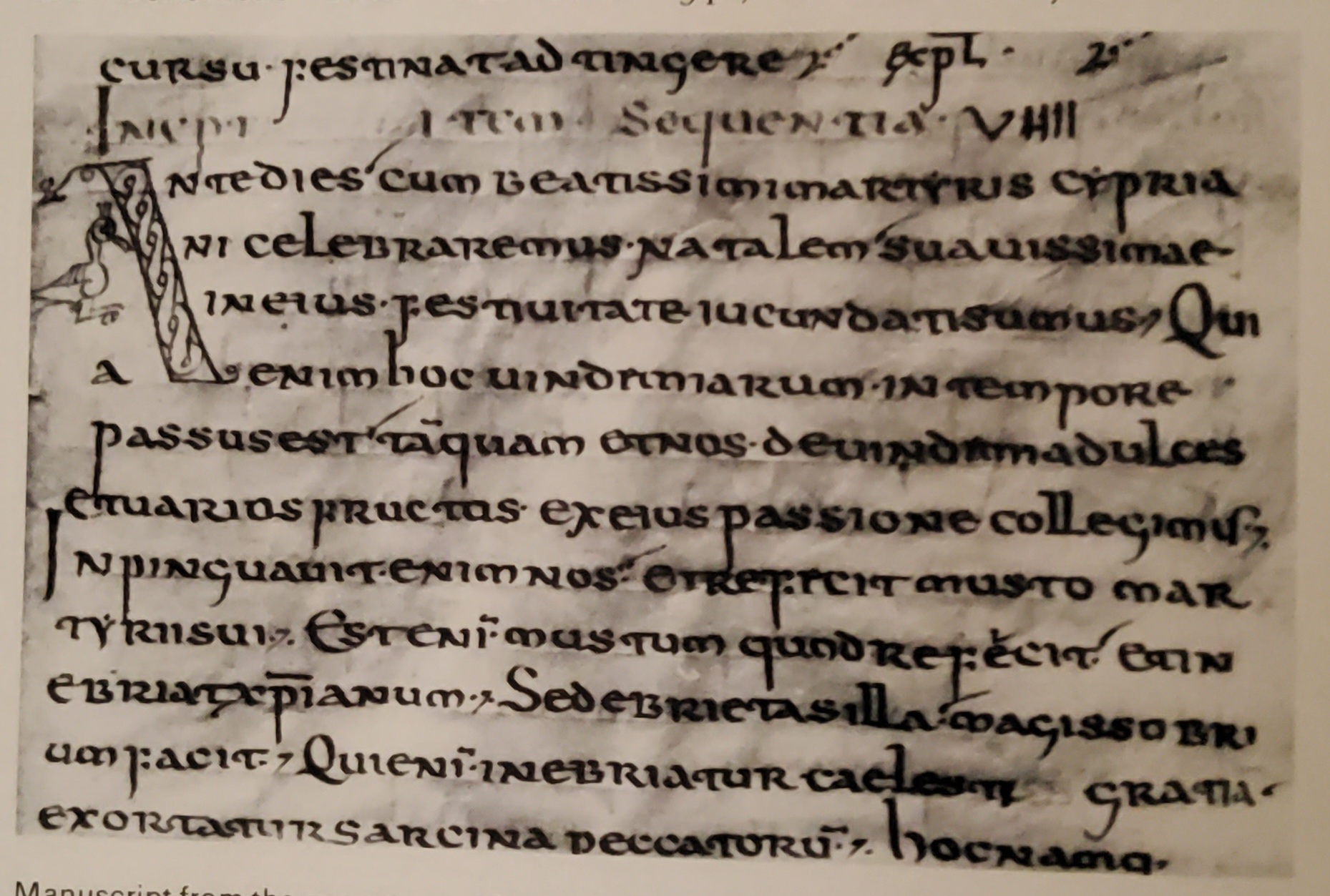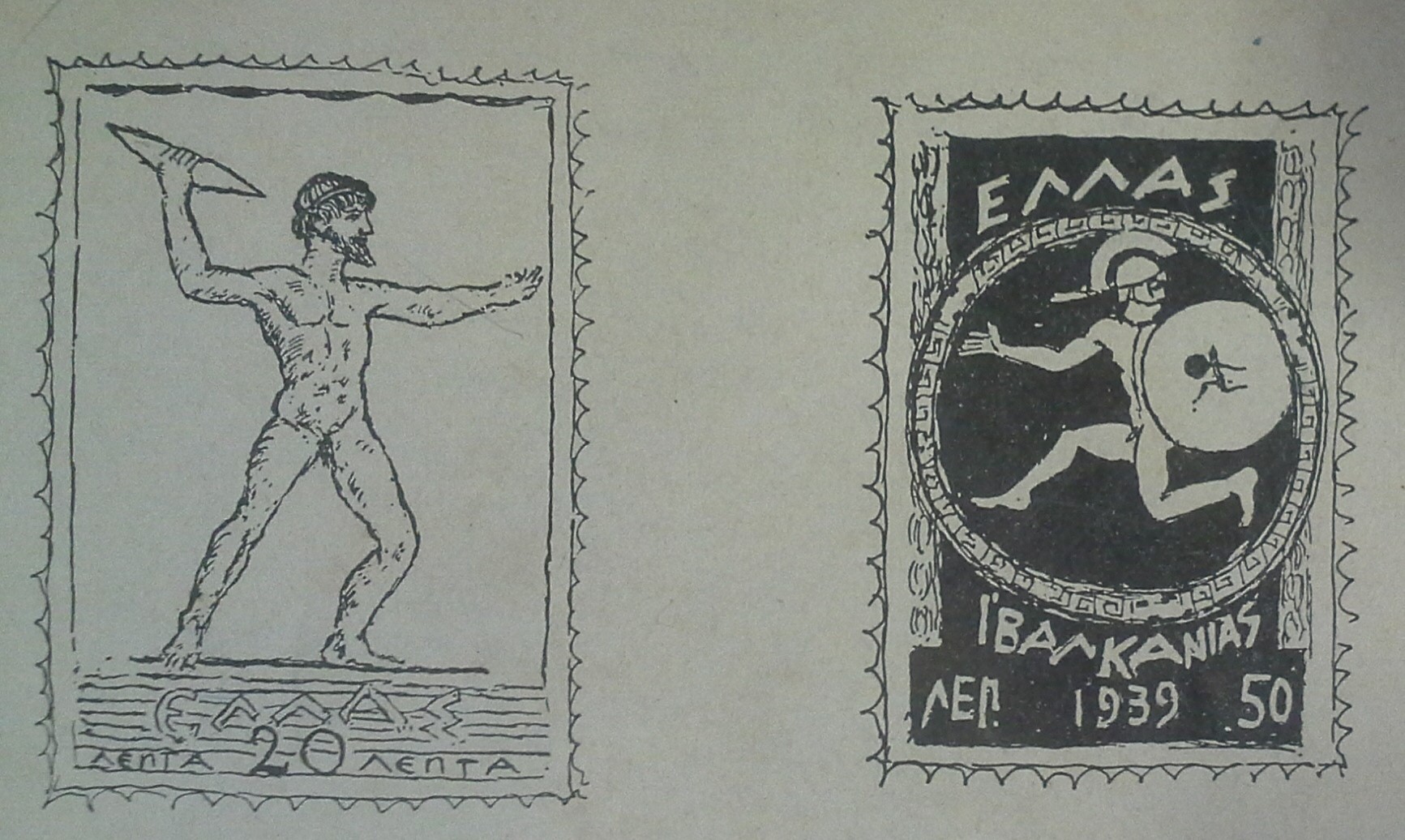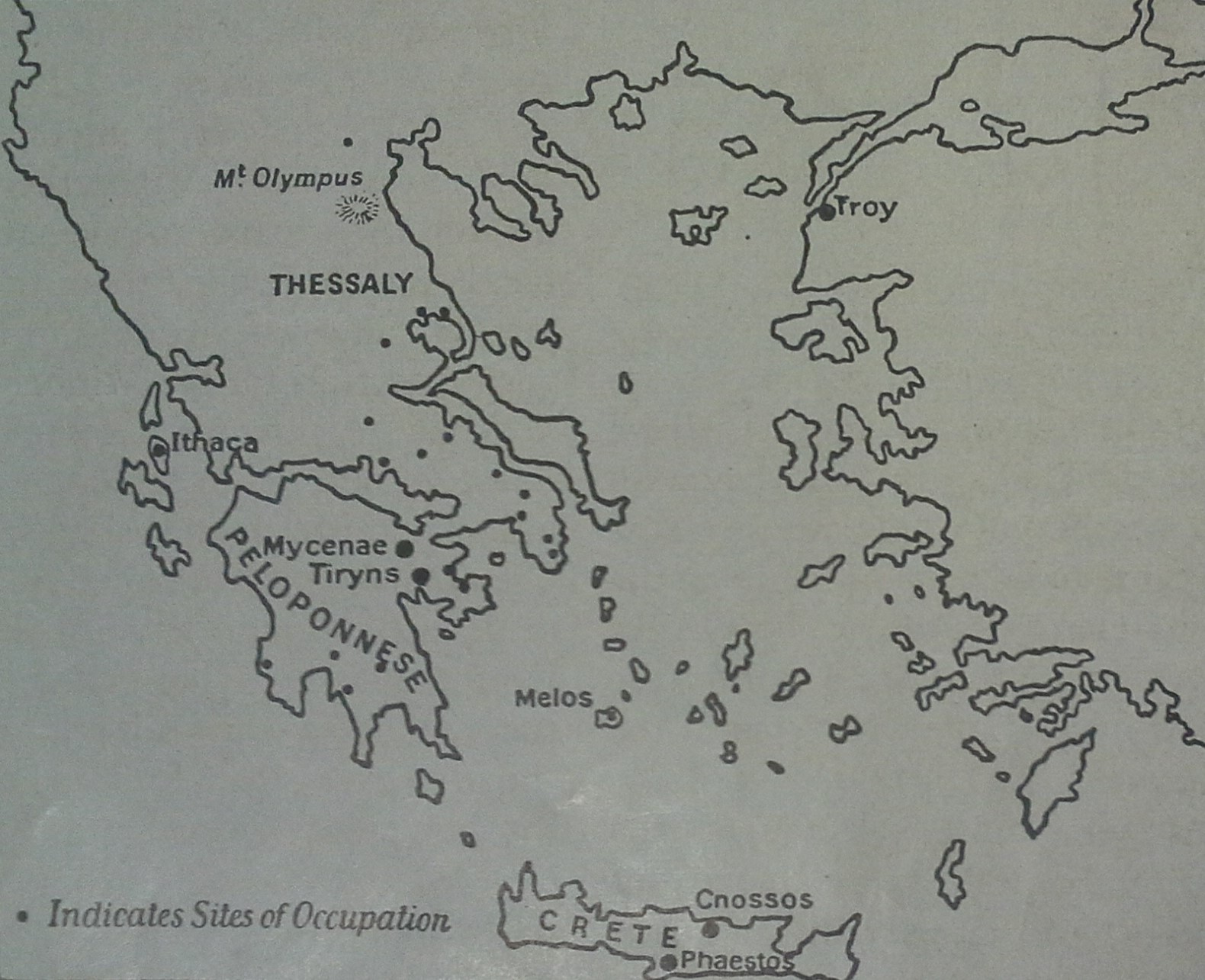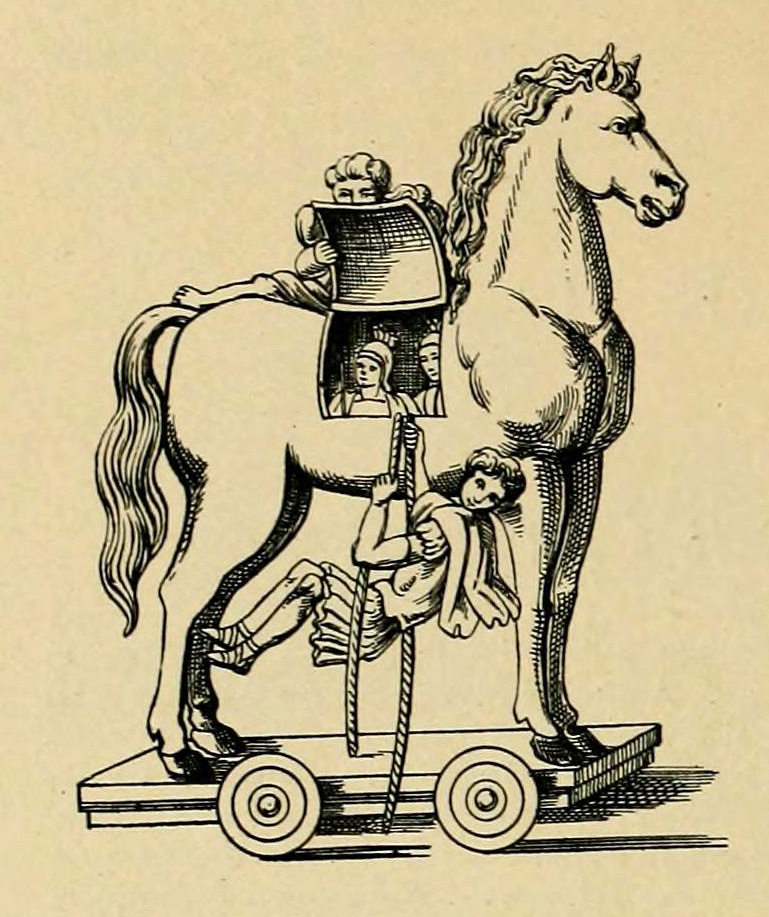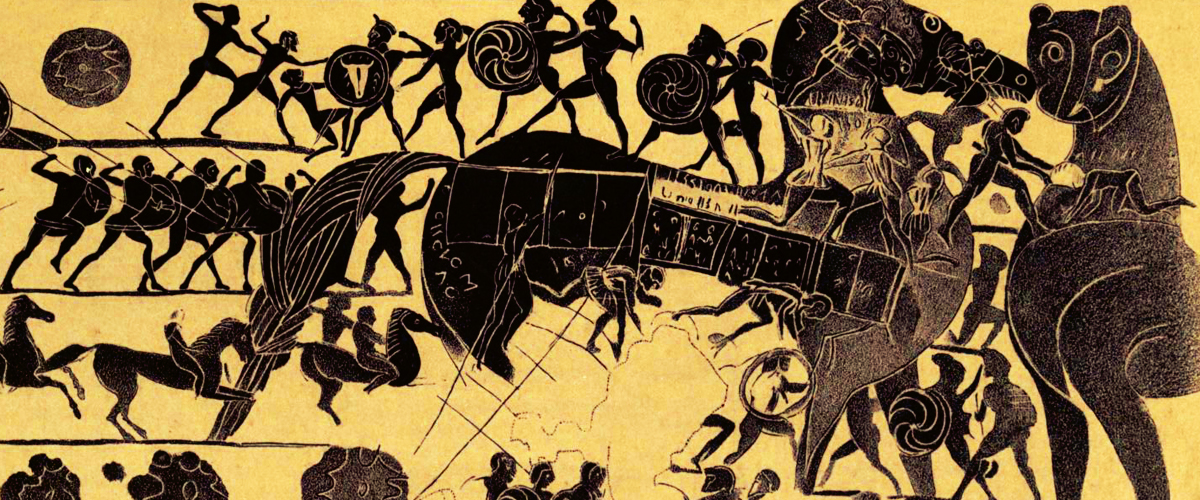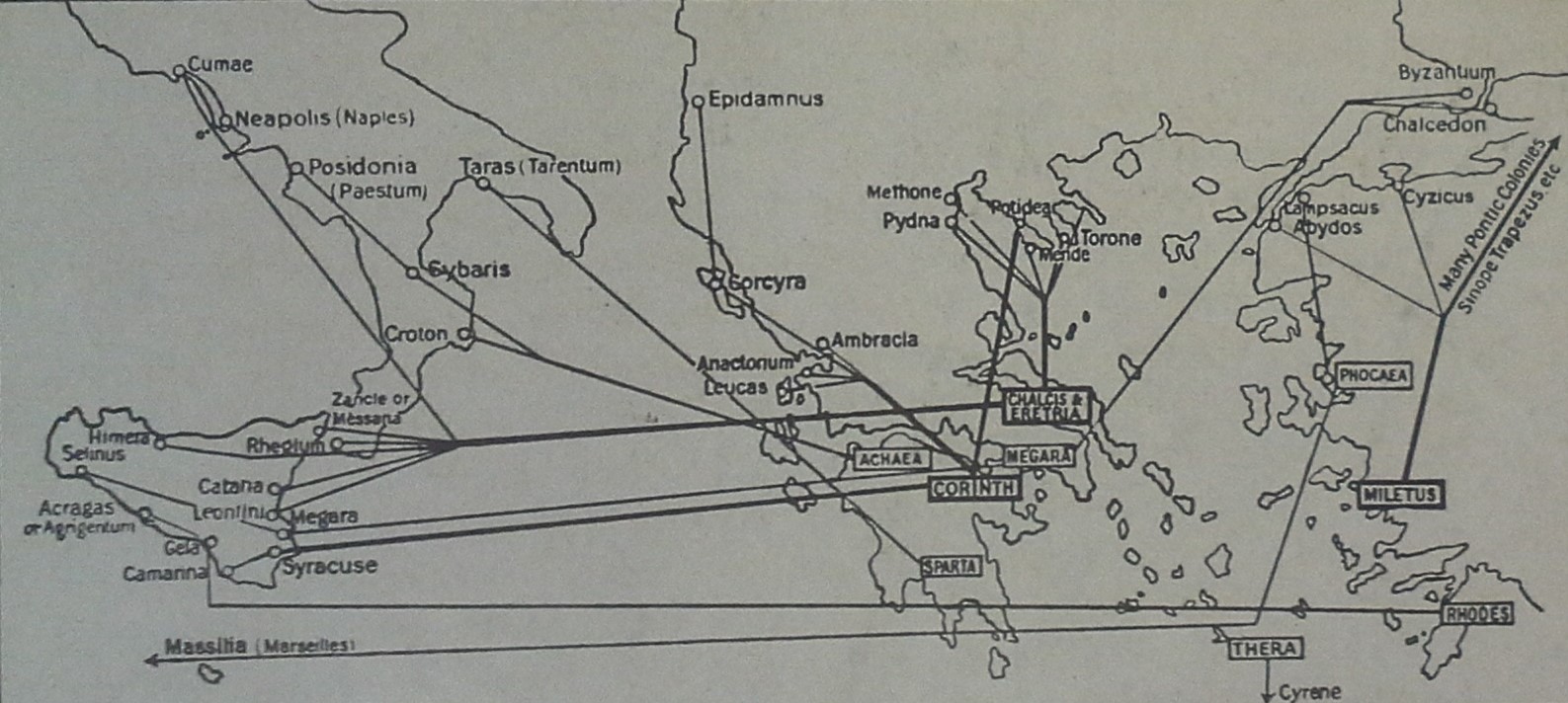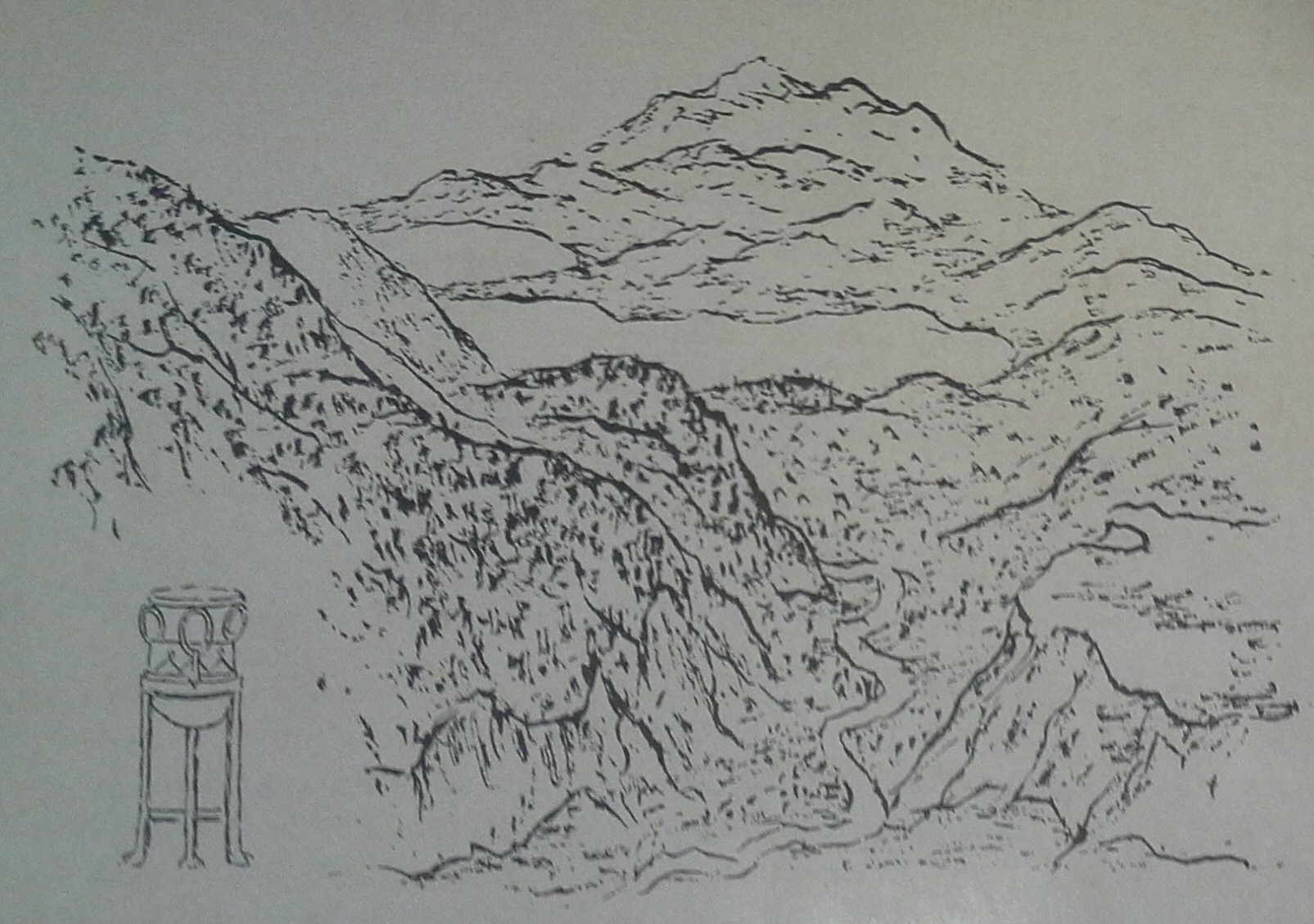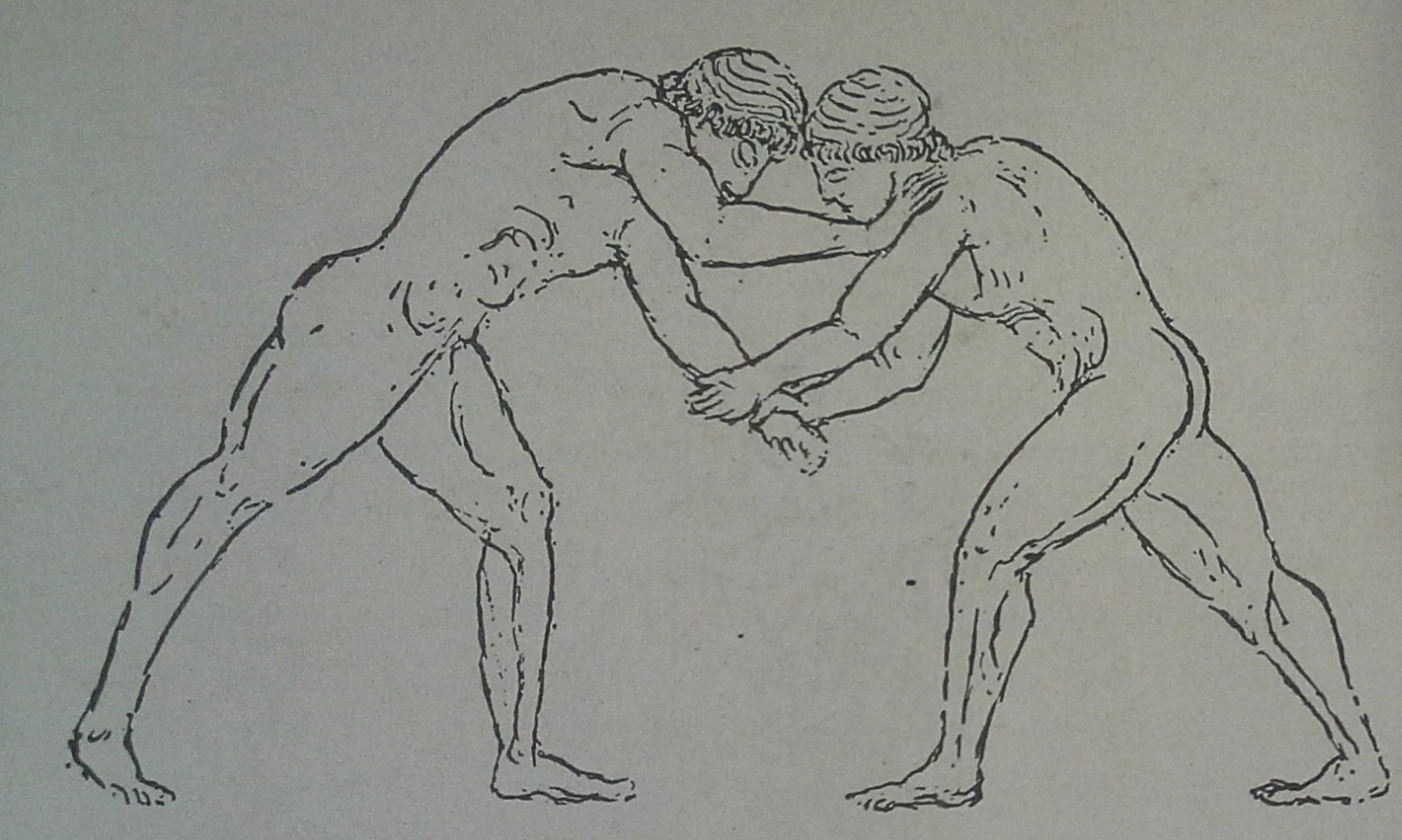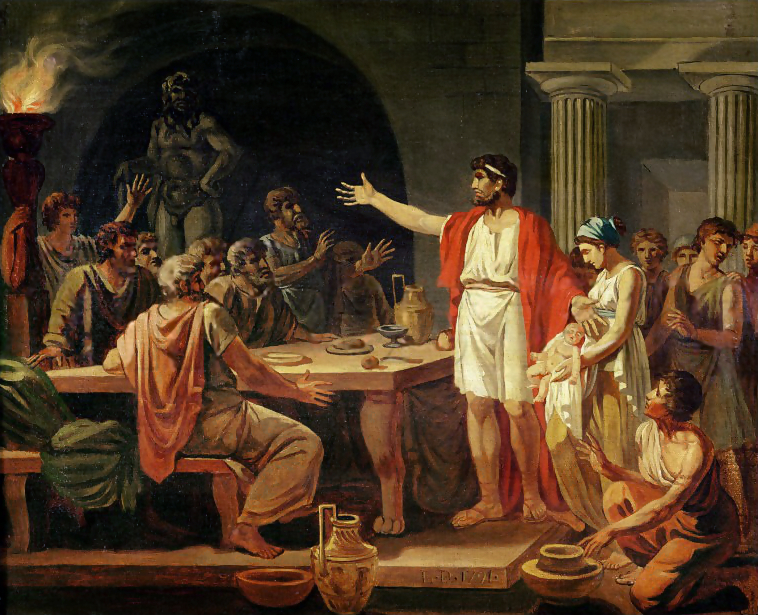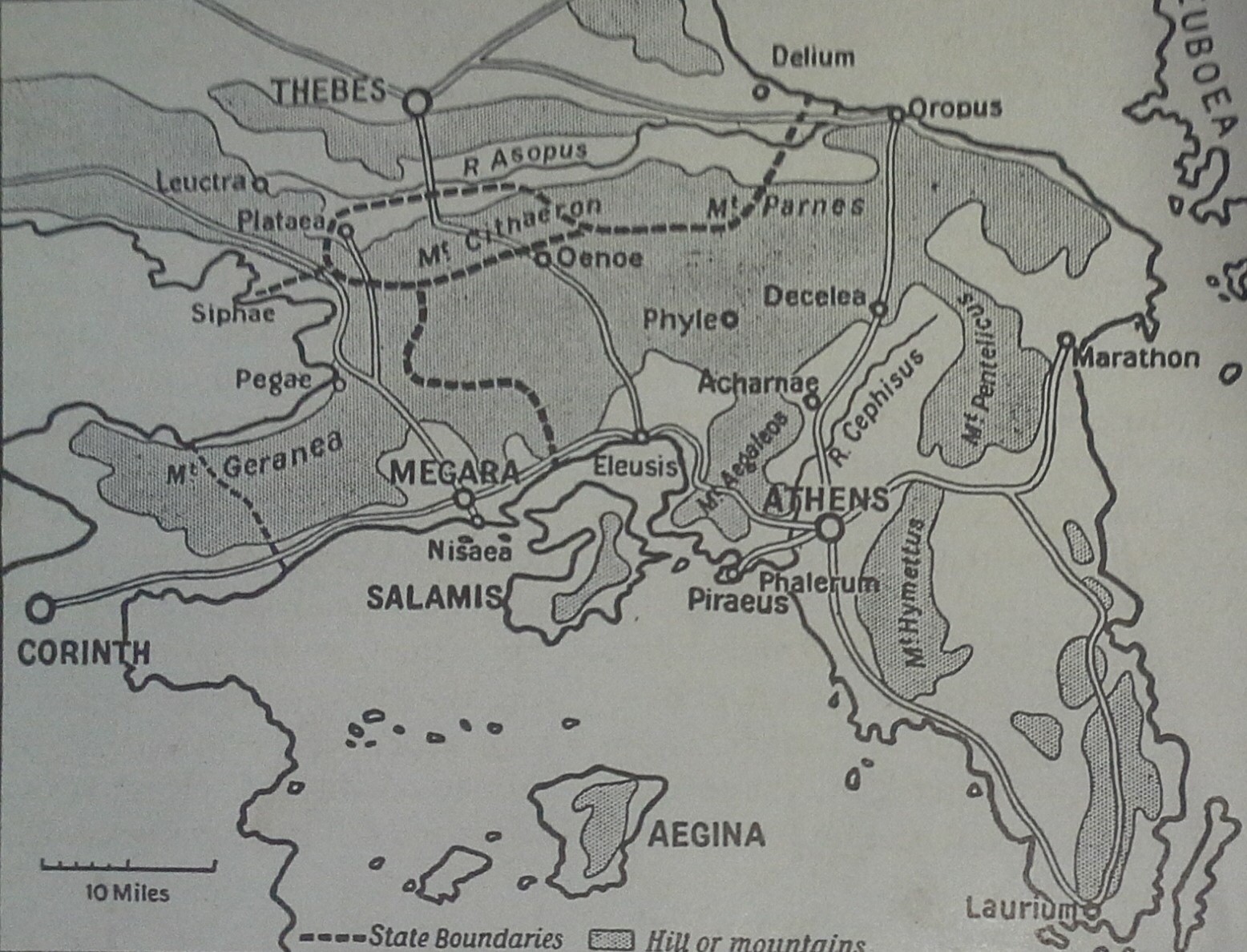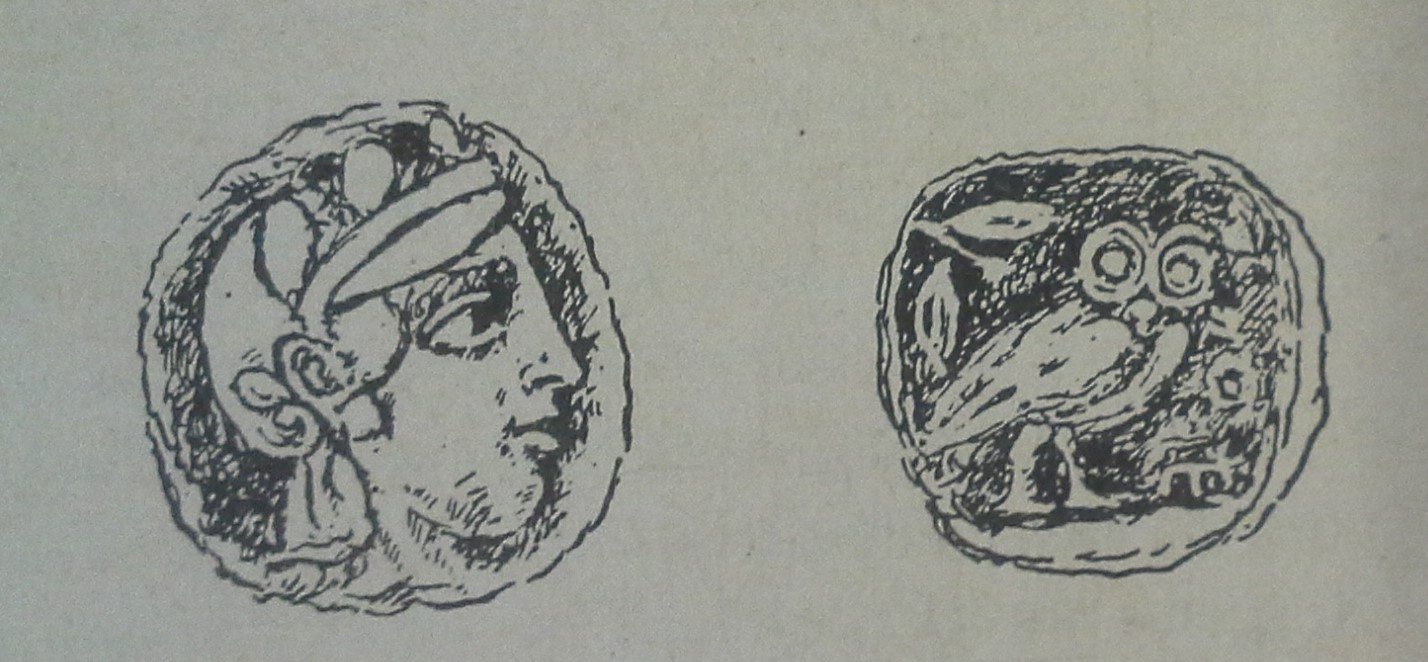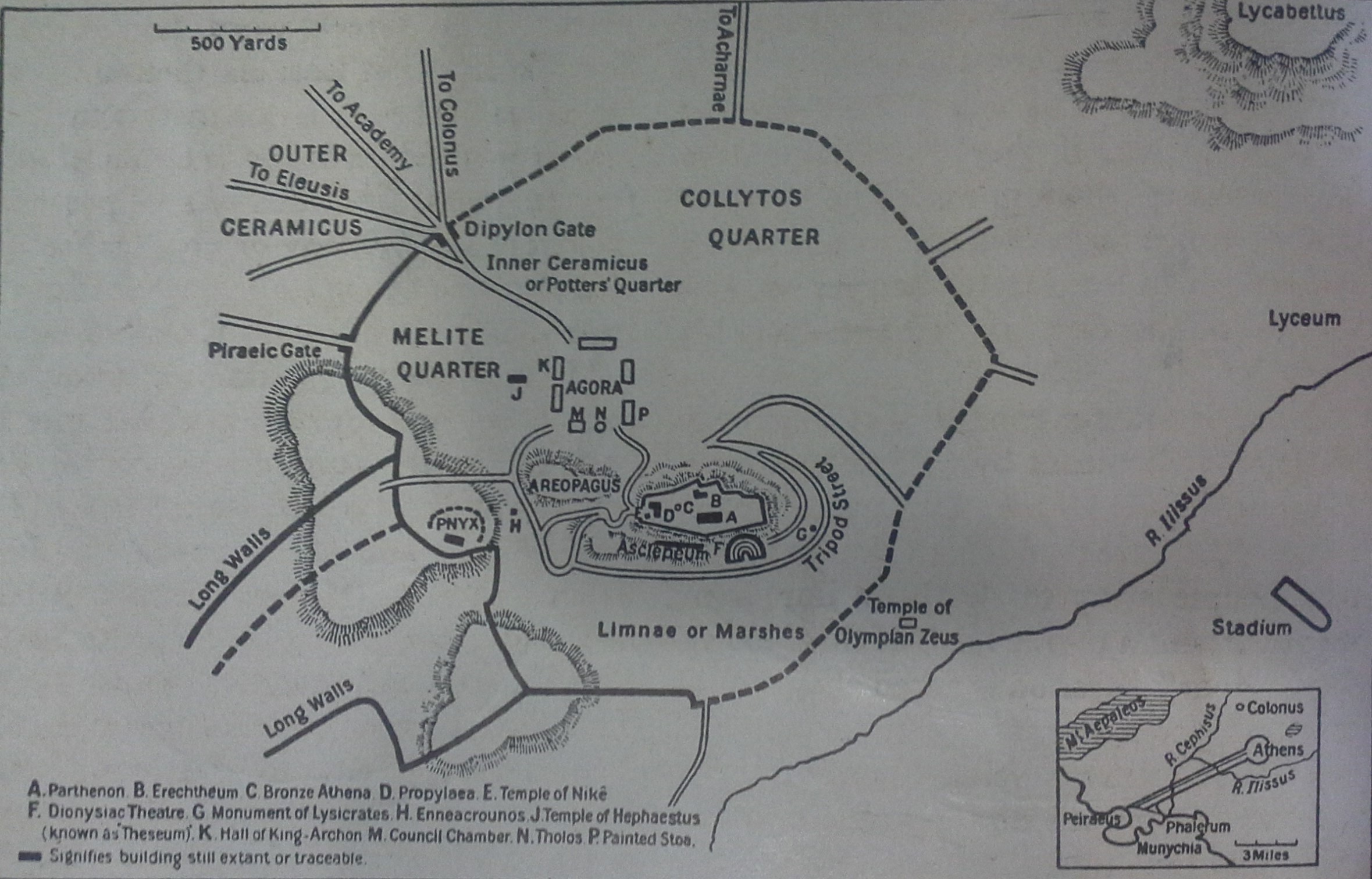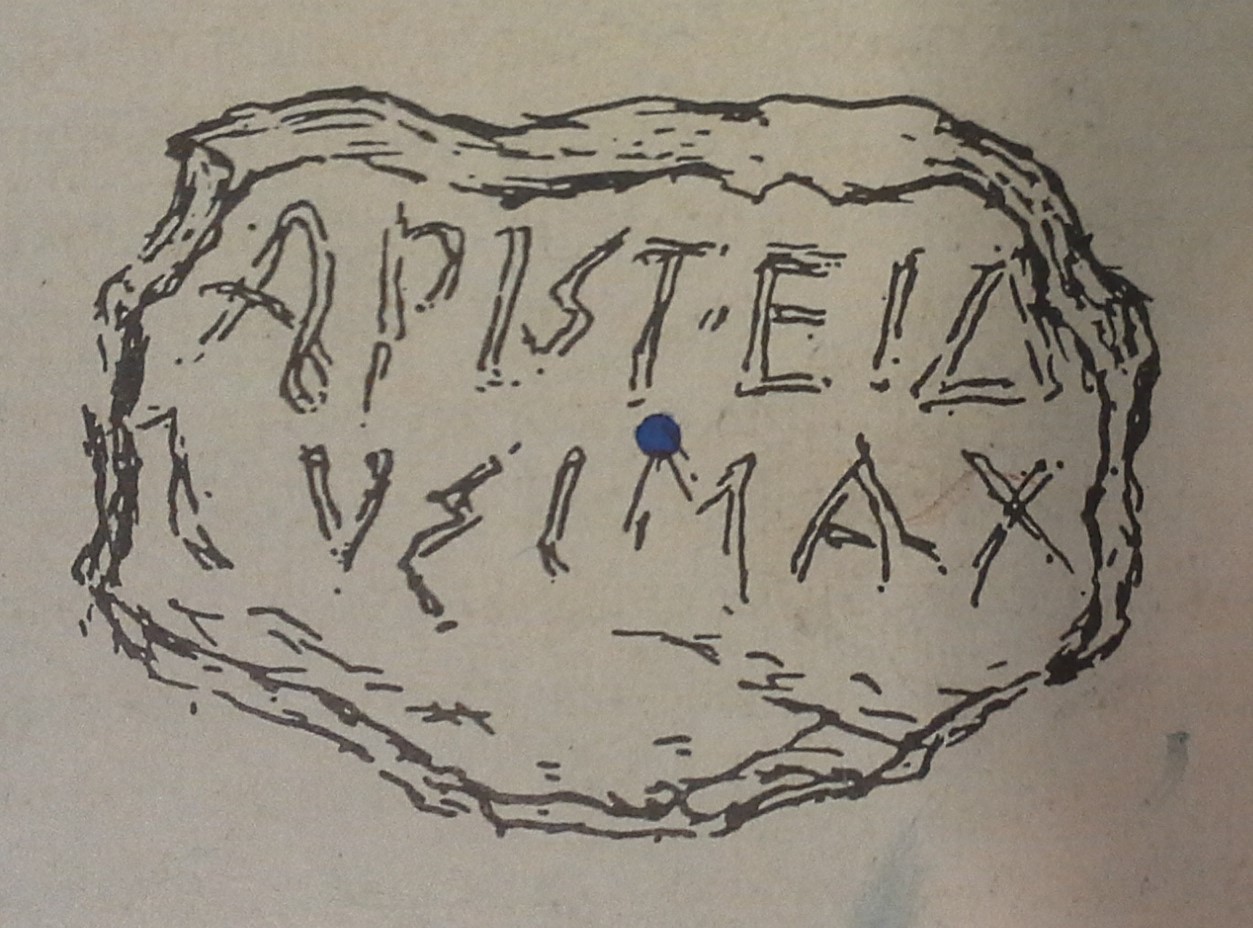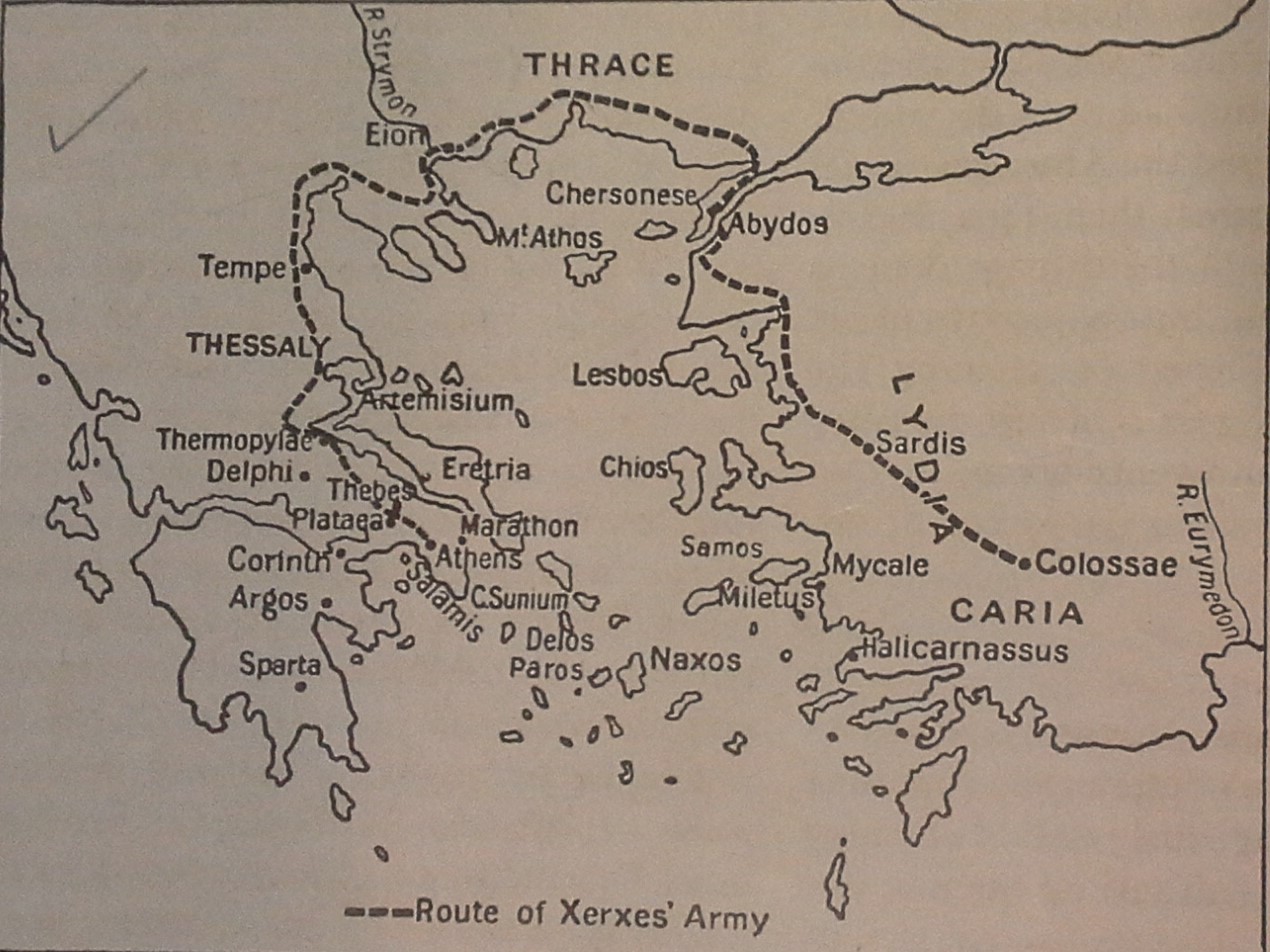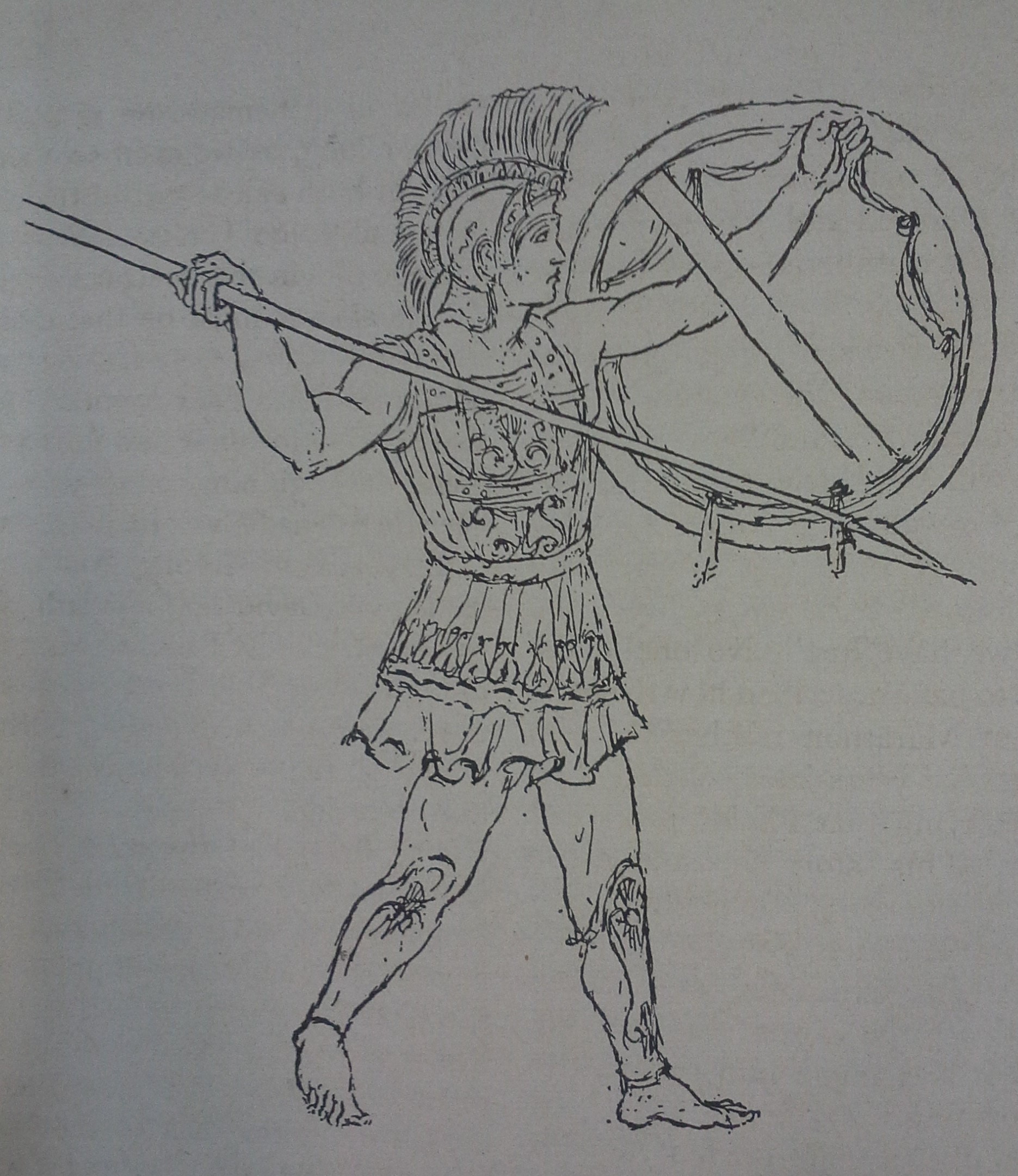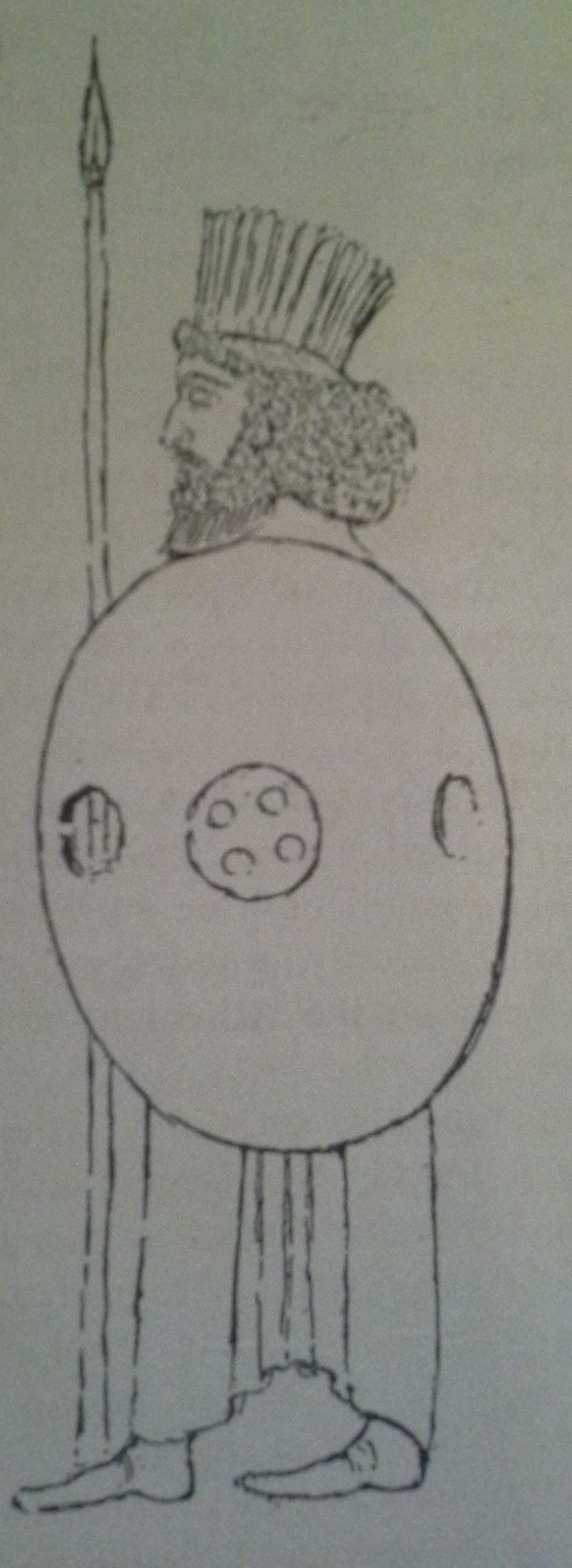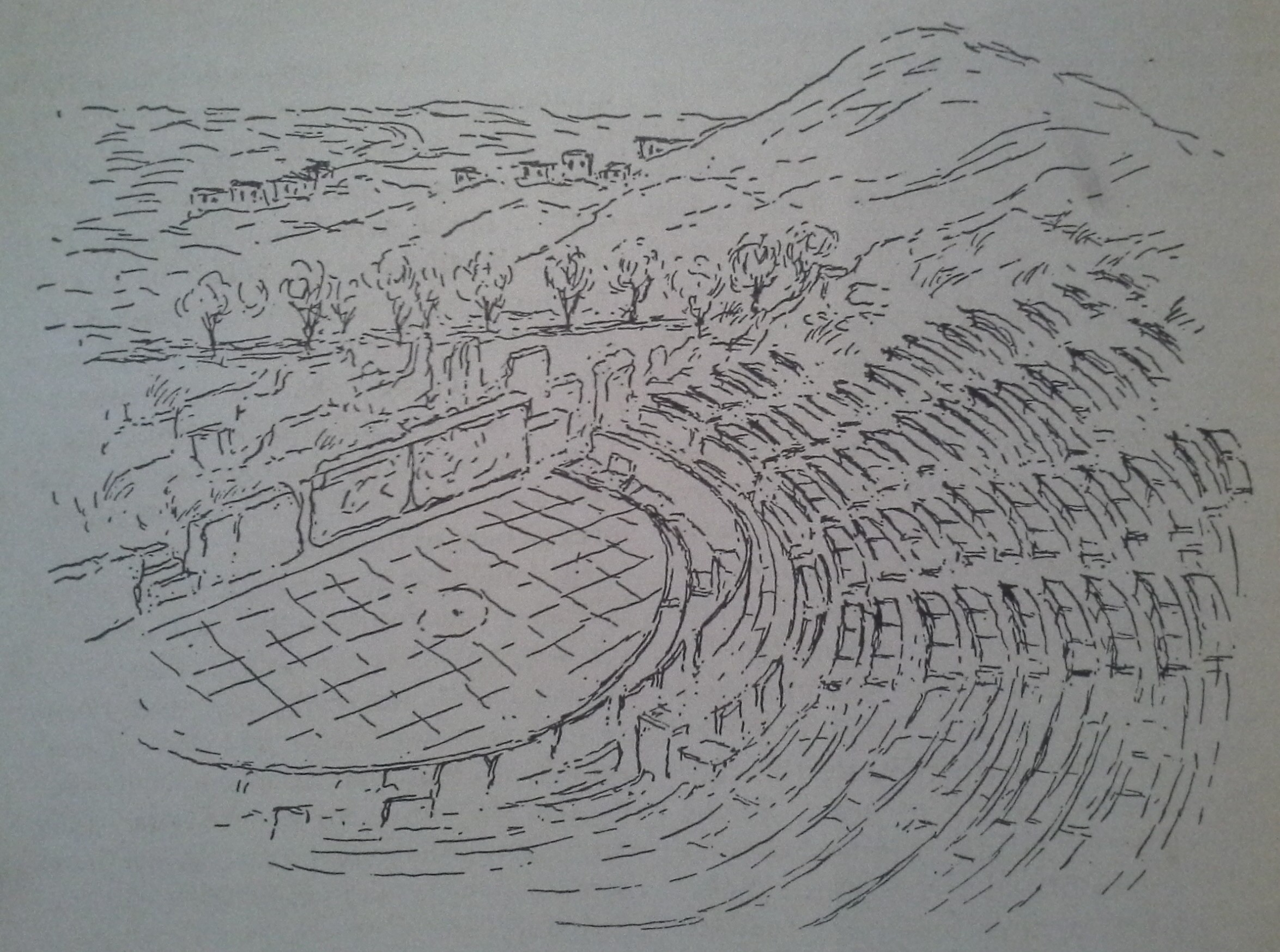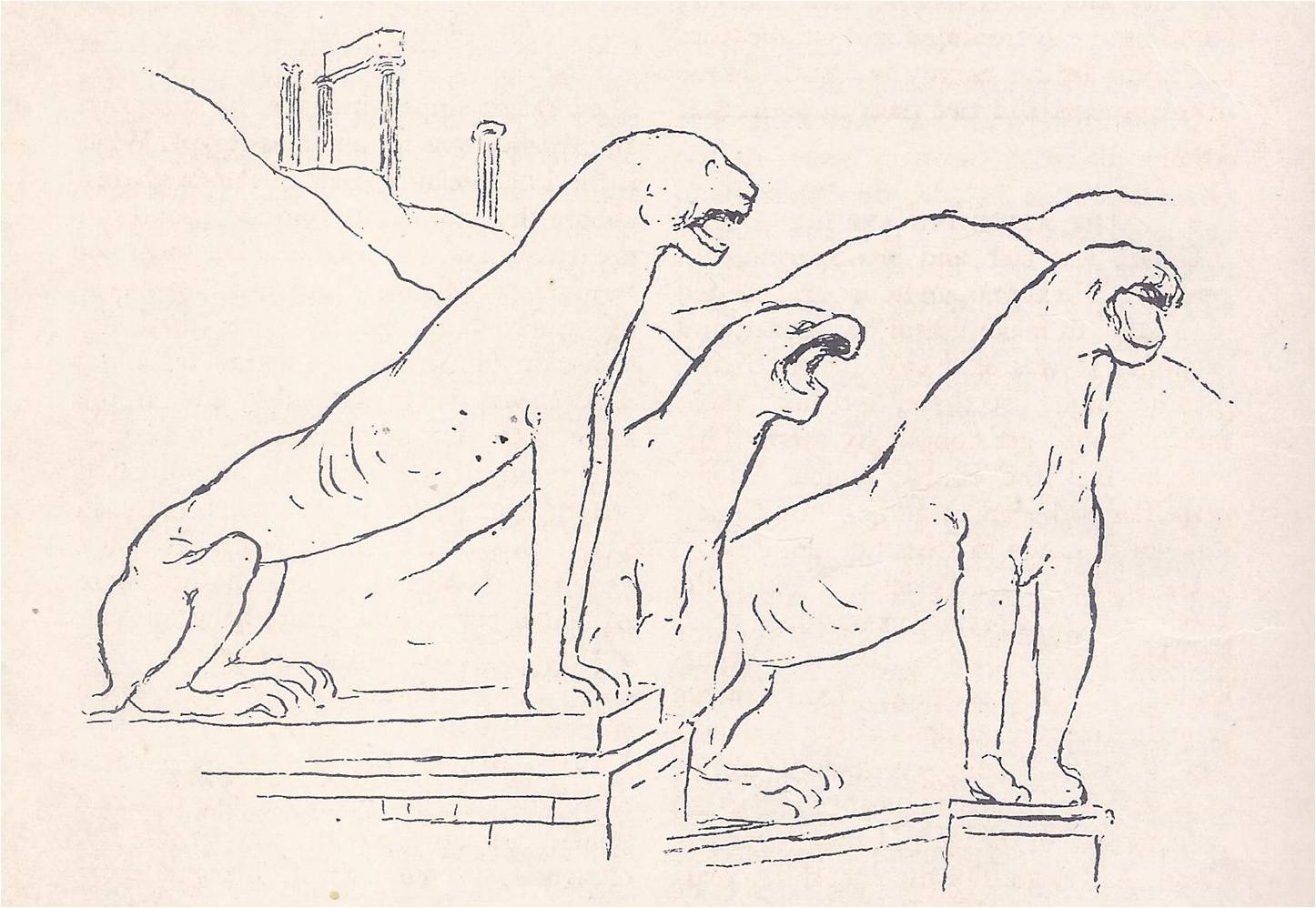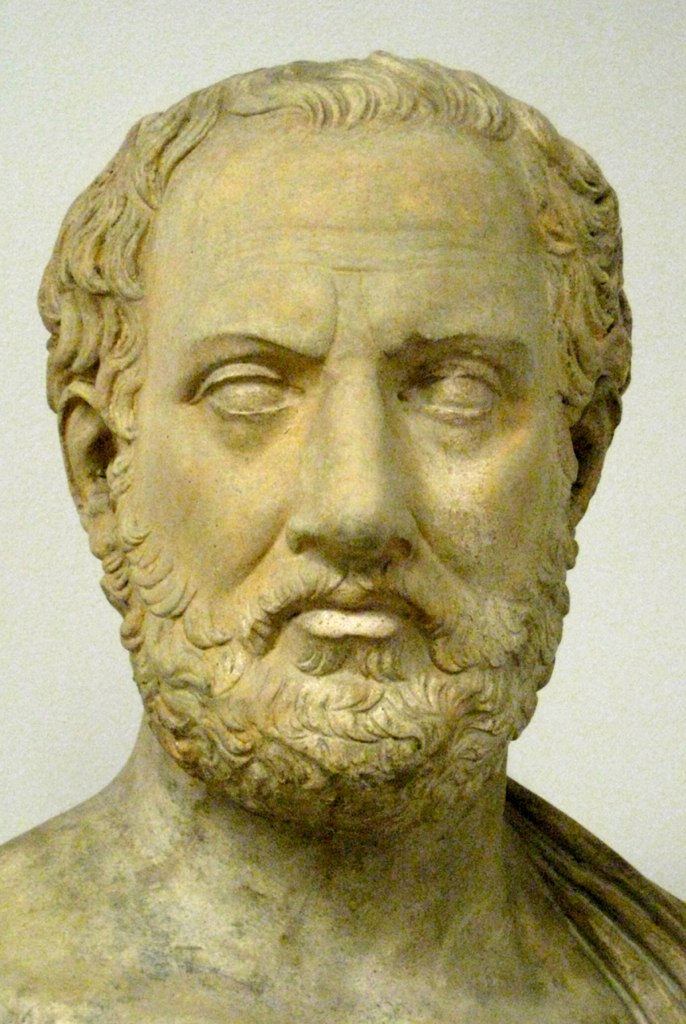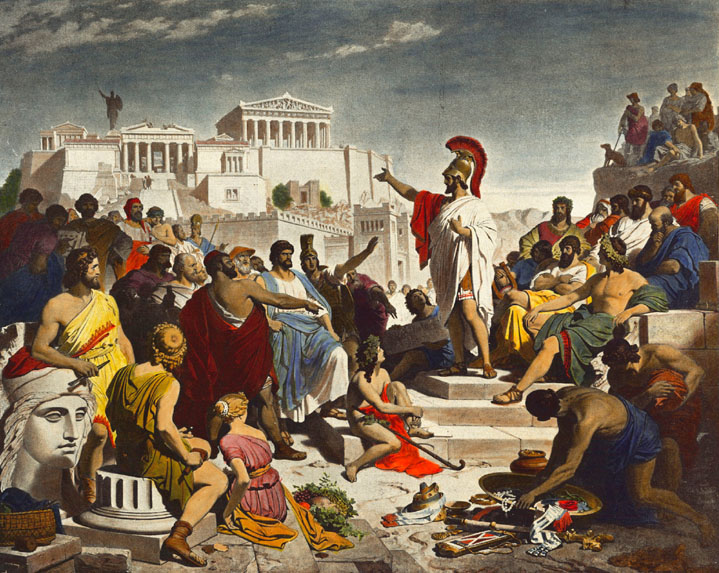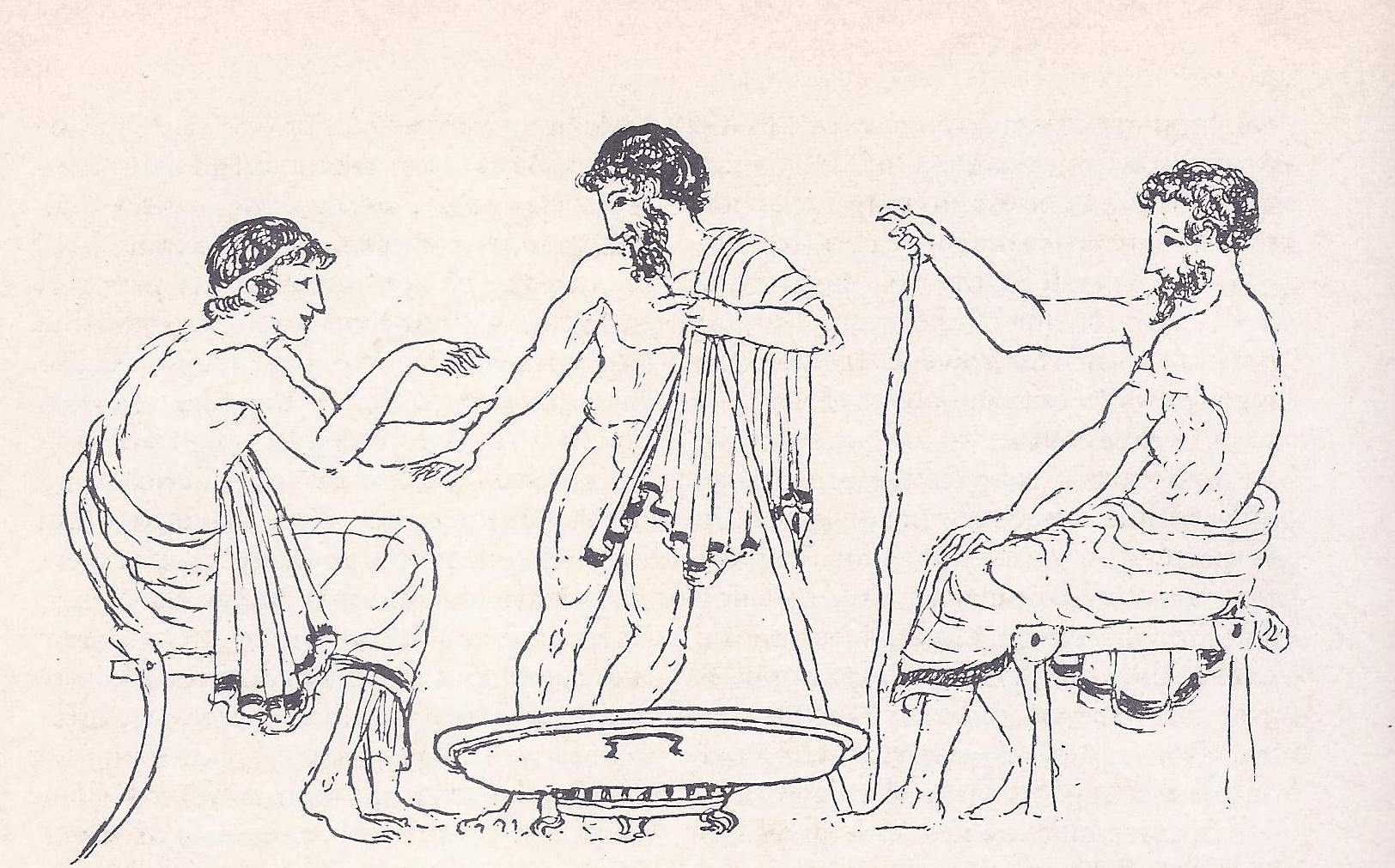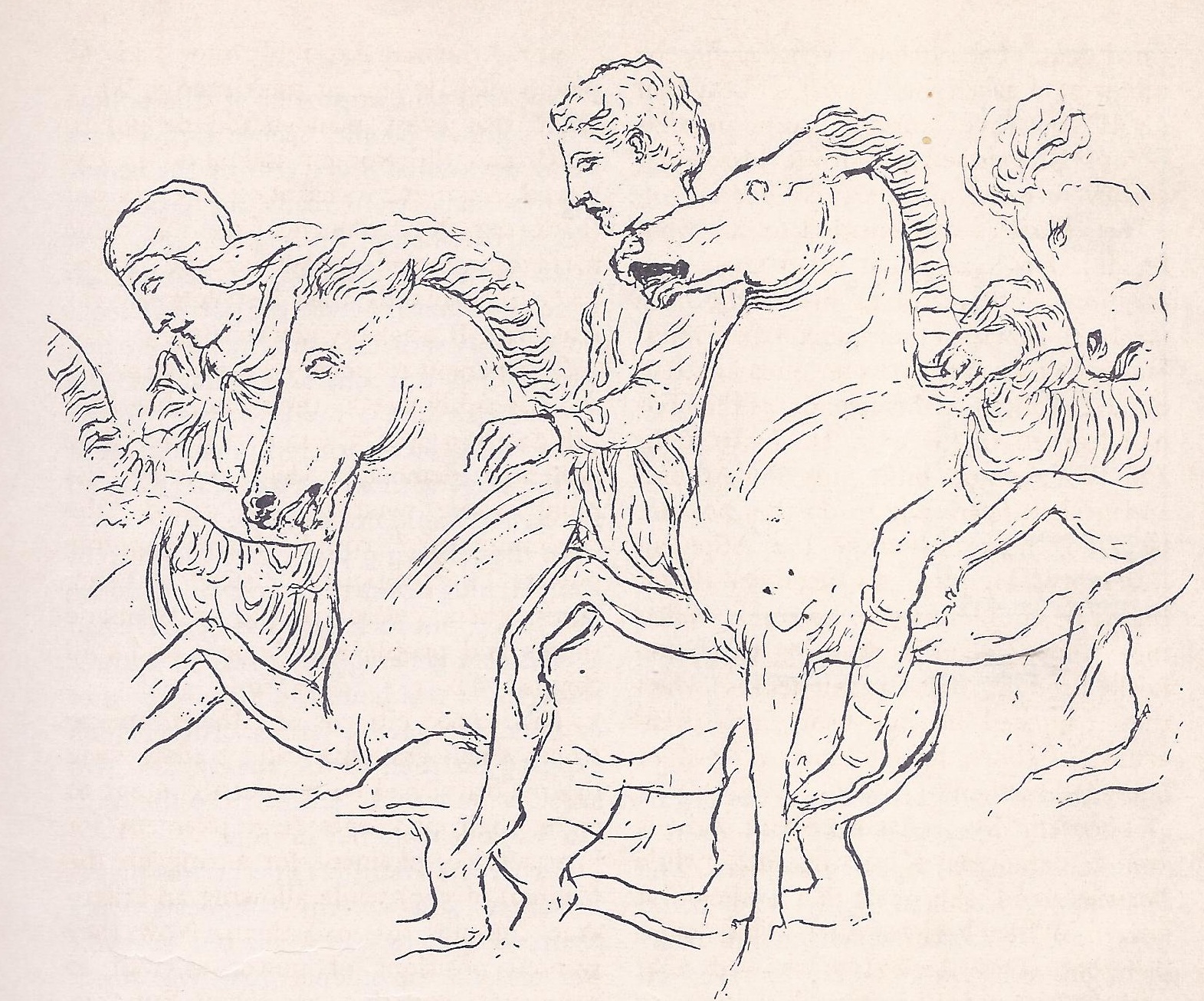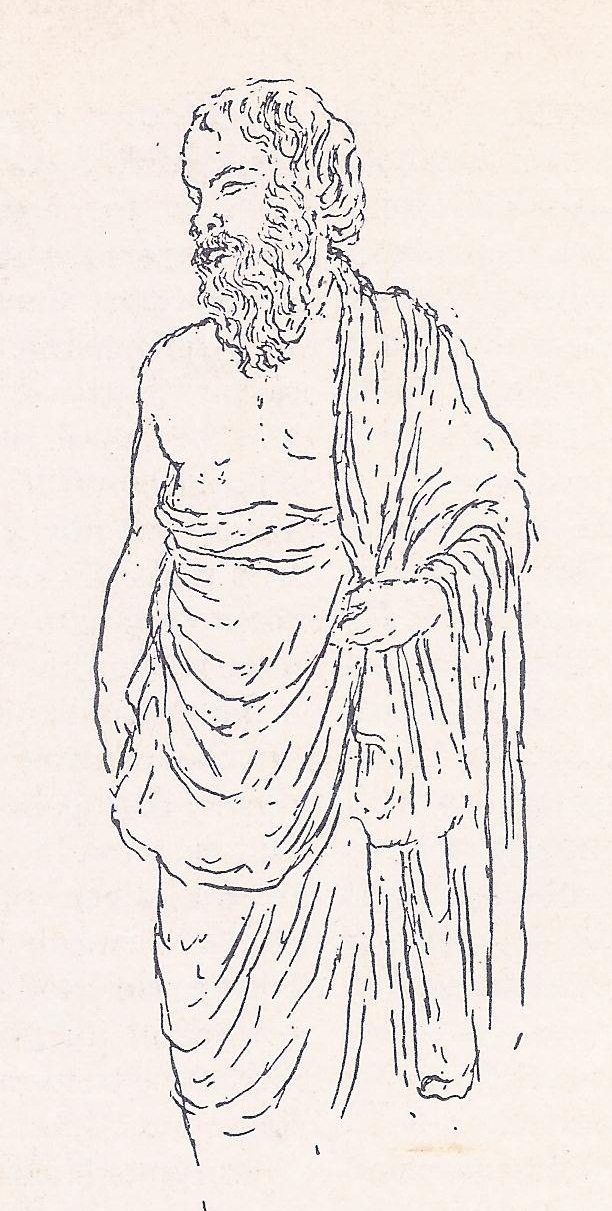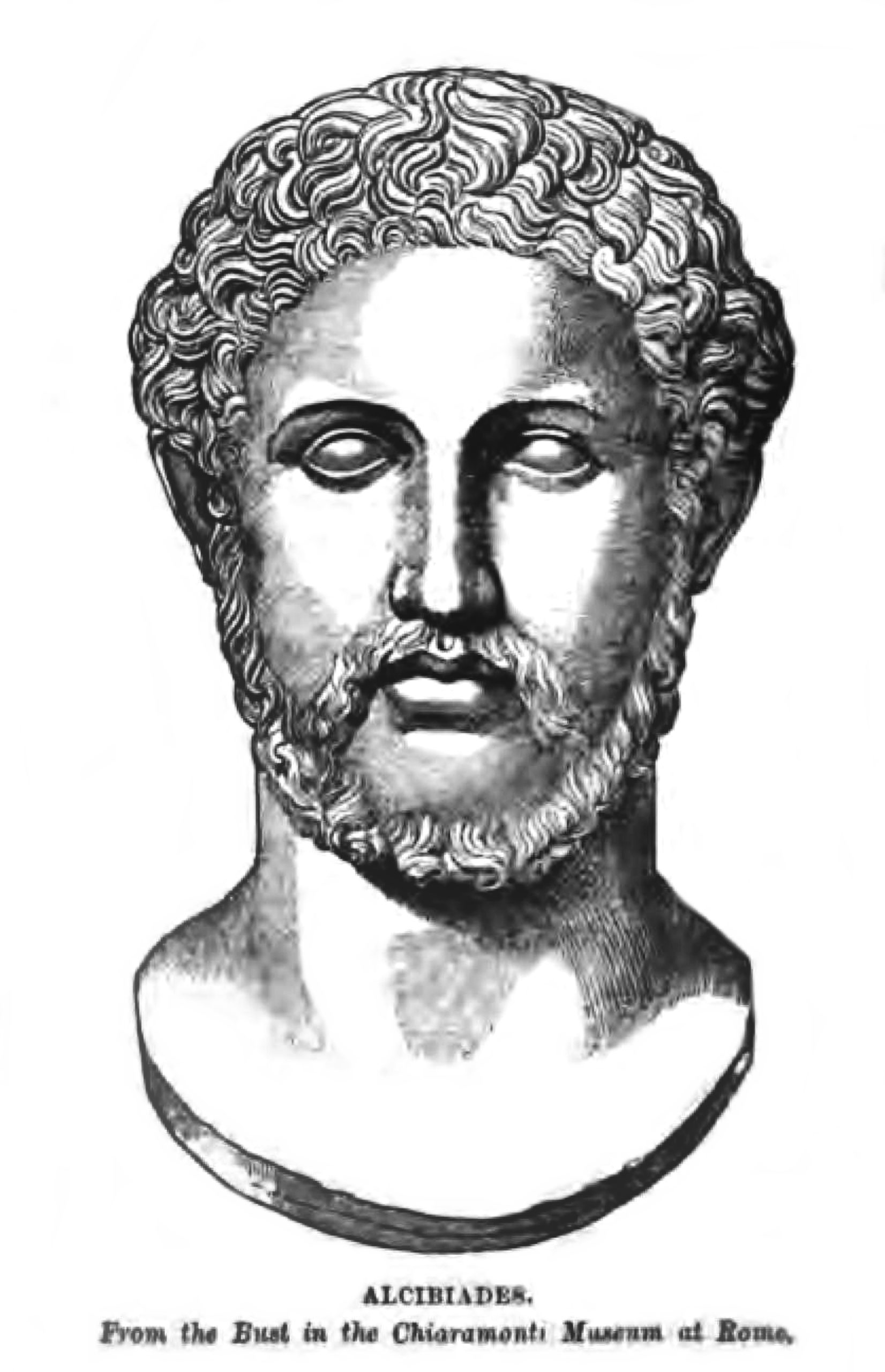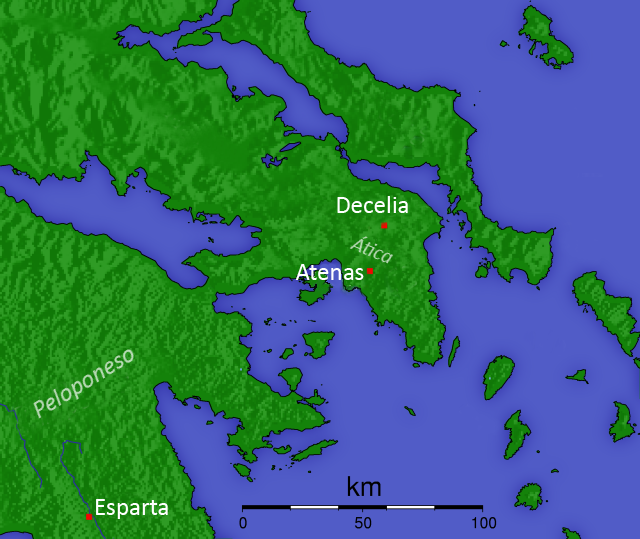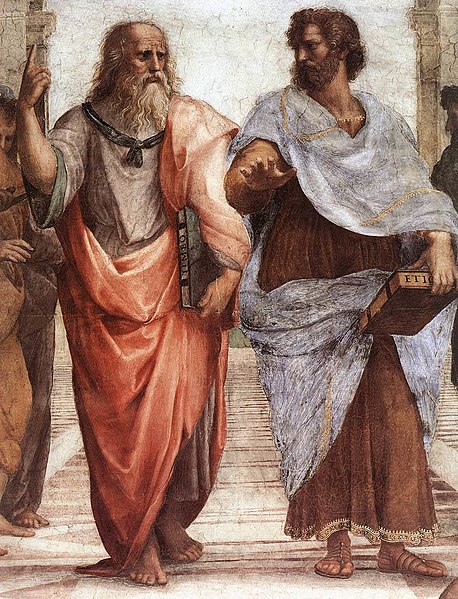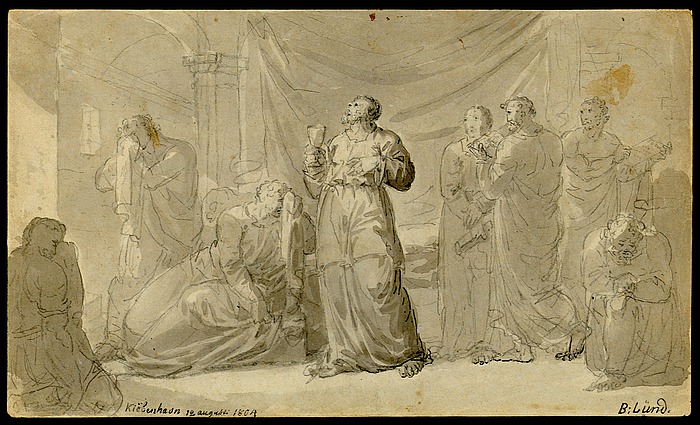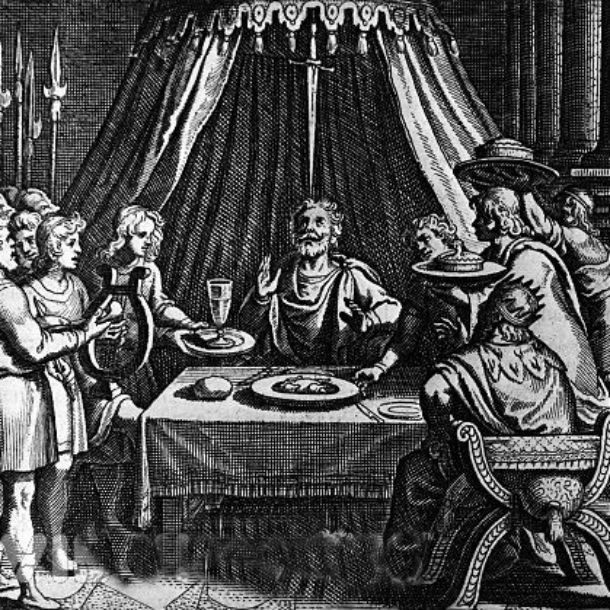Latest Posts
The Greek Way of Life 700 B. C. – 343 B. C.
In the first years of Spartan peace, Greece was filled with wandering soldiers. Their little cities needed them no more.
Greek Against Greek 430 B. C. – 404 B. C.
About 425 B. C., a lonely man, in a country that was not his own, sat down to write the
The Golden Age of Athens 480 B. C. to 430 B. C.
When Themistocles and the people of Athens came home from Salamis, they found only the ashes of a city. Their
Early Civilizations to Modern Age
Gods and Heroes 800 B.C. – 550 B.C.
From island to island and town to town, across the wide new world of the Greeks, the minstrel wandered, with
Kings, Tyrants and Democracy 1000 B. C. to 100 B. C.
During the Dark Ages, the large kingdoms of Homer’s Achaean heroes had disappeared. The Greek world was now dotted with
Athens: City of Wisdom and War 700 B. C. to 500 B. C.
Of all the city-states in Greece, Athens was the most fortunate. The city’s guardian was Athena, the goddess of war
Distant Past and New Challenges
Milestones of History
Caliph of Cordova’s Library (950 A. D.)
Caliph of Cordova’s library, raised Cordova to its great eminence. It was Europe’s most glittering capital: a place where Moslems,
Cluny (950 – 955 A. D.)
Cluny, the Greatest Benedictine Abbey in Europe, was founded in 910. After the reign of the great Abd al-Rahman III,
Lechfeld (955 A. D.)
Lechfeld, the battleground outside Augsburg on St. Lawrence’s day, 10 August 955 A. D., was highly significant for the whole

